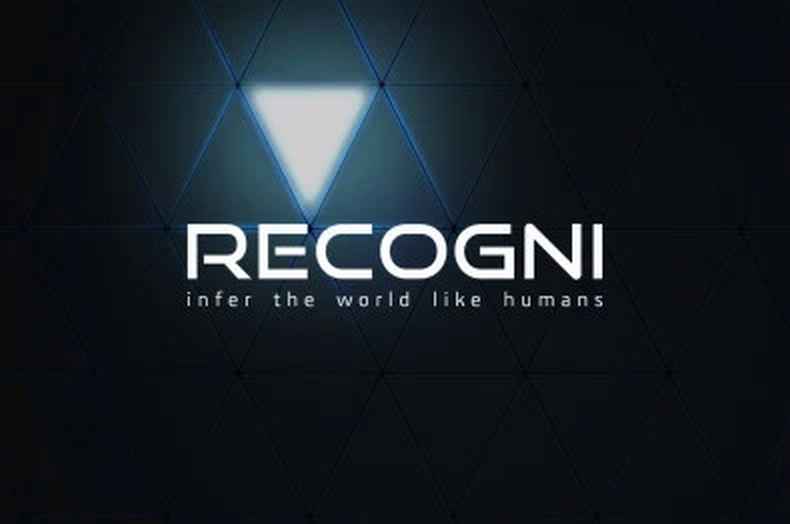AI startup Recogni unveils new computing method to reduce AI energy consumption and cut costs

The rapid growth of artificial intelligence (AI) is driving up energy consumption, posing significant environmental challenges. Training complex AI models requires vast computational power, leading to higher electricity usage and increased carbon emissions.
As AI systems become more advanced, the strain on power grids intensifies, making it essential to find ways to reduce their energy impact for a sustainable future. Recognizing this problem, AI chip and software startup Recogni has developed a breakthrough technology to cut costs, reduce power consumption, and improve AI efficiency.
Today, Recogni introduced a new computing method designed to make its AI training and inference chips smaller, faster, and more cost-effective.
Backed by BMW, Bosch, and venture capital firm Mayfield, Recogni specializes in developing chips and software for AI inferencing—where trained AI models process new data to make predictions or decisions based on new data.
The new patented system, called Pareto, employs a logarithmic approach that surpasses existing methods in running large AI models. “It is a huge leap in all of the KPIs (key performance indicators) that influence silicon hardware system design when it comes to AI computing,” Recogni’s co-founder and VP of AI, Gilles Backhus told Reuters.
Current AI models, such as OpenAI’s GPT-4 and Google’s Gemini, require vast amounts of computational power for tasks like responding to prompts on chatbots like ChatGPT. Recogni’s Pareto system converts these power-intensive multiplication operations into additions, significantly reducing energy use while maintaining accuracy.
The company has already tested Pareto on AI models developed by Meta Platforms, Stability AI, and others.
“We are speaking to companies that are putting hardware in data centers and offering it to the world to whoever wants to basically rent it … that’s definitely one of the deployment routes that we’re considering,” Backhus added.
Recogni first caught our attention in 2019 when the US-German AI startup emerged from stealth with $25 million in funding to develop low-power AI processing for autonomous vehicles. Their first chip, designed and manufactured using Taiwan Semiconductor Manufacturing Co’s 7-nanometer process, laid the foundation for their current innovations.
Founded in 2017 by Ashwini Choudhary, Eugene Feinberg, Gilles Backhus, R K Anand, and Valerie Chan, Recogni focuses on creating vision-based AI platforms for autonomous vehicles. With its Vision Cognition Processor, the company aims to solve the endpoint inferencing challenges in autonomous vehicles, paving the way for more advanced levels of autonomy. The founders bring extensive expertise in system design, AI, vision, and custom silicon design.

Credit: Recogni




